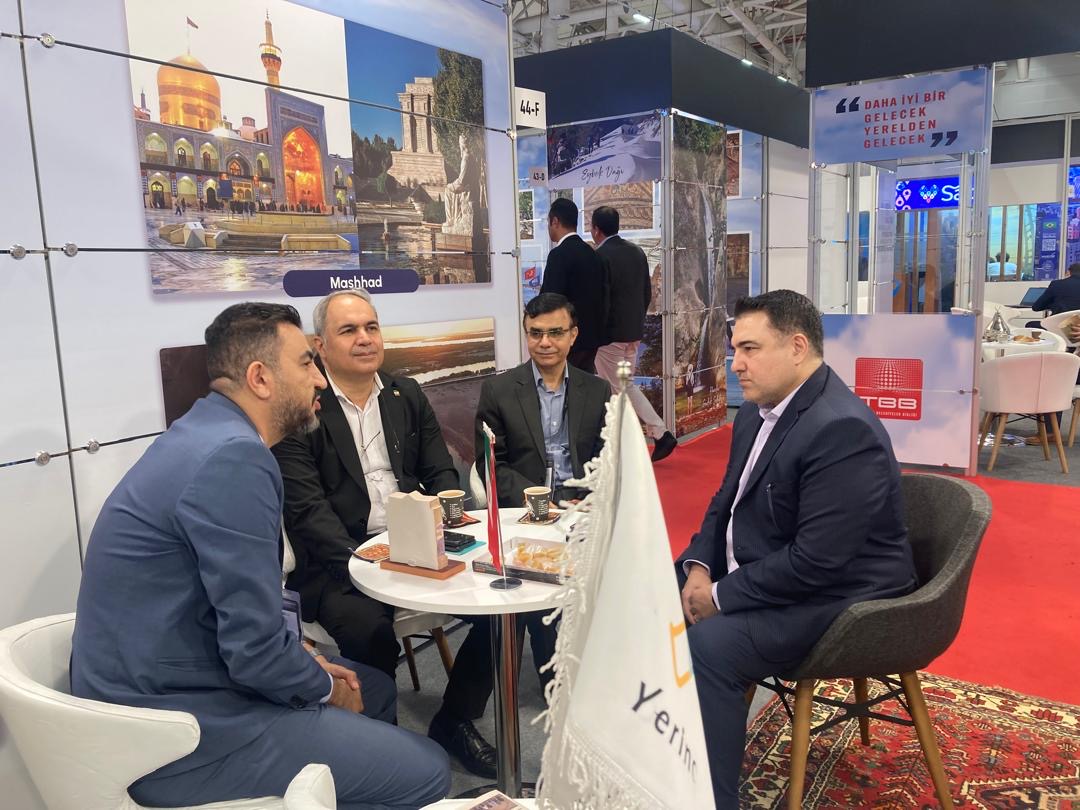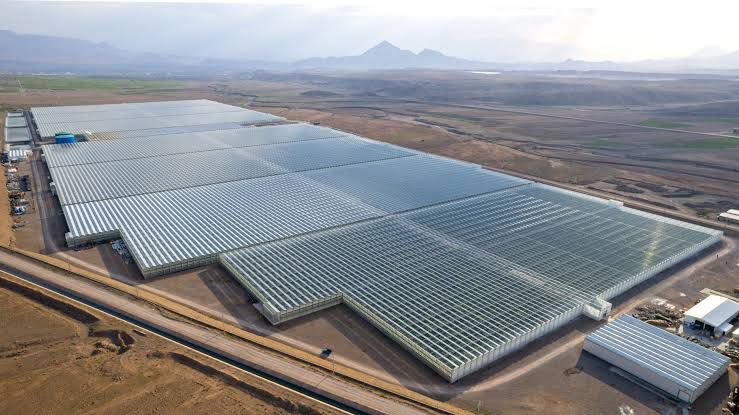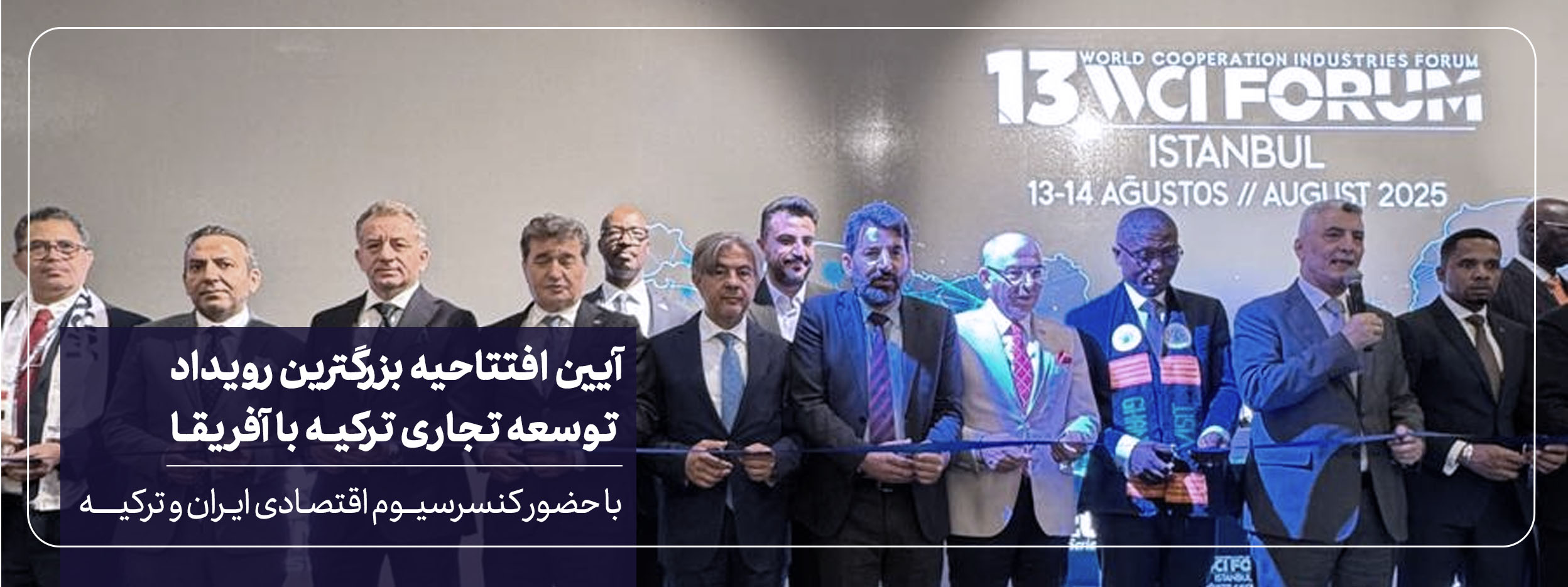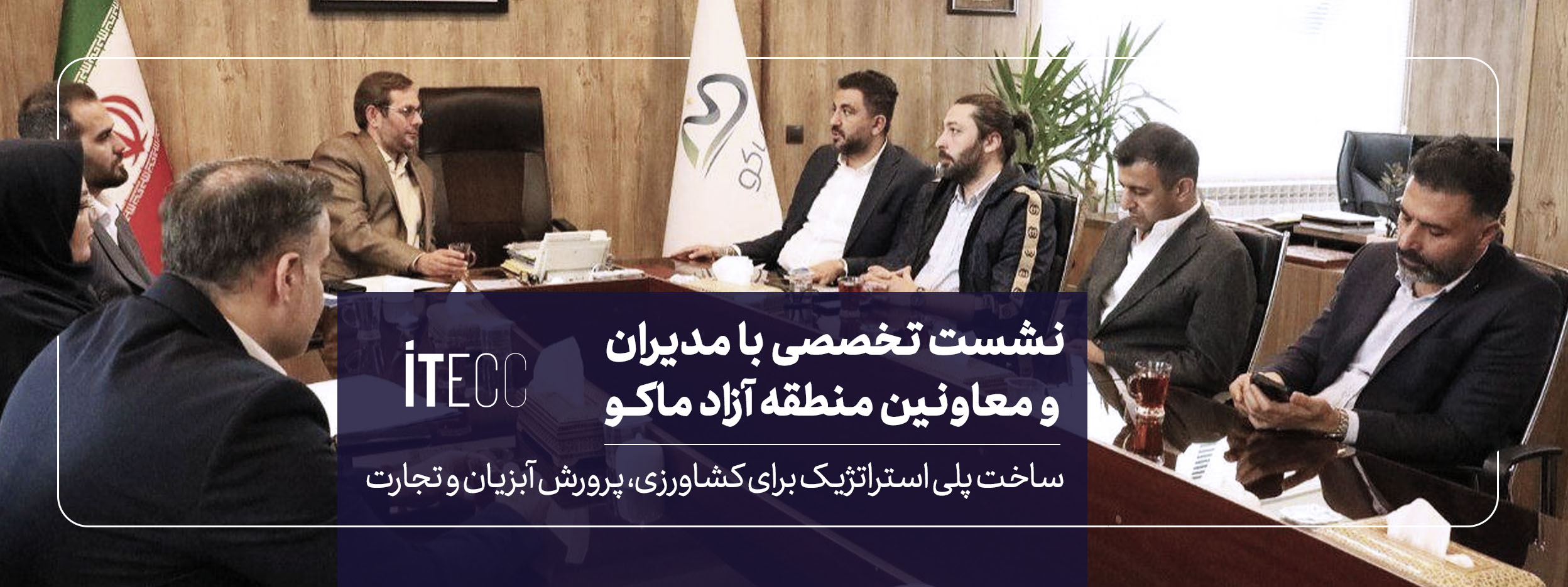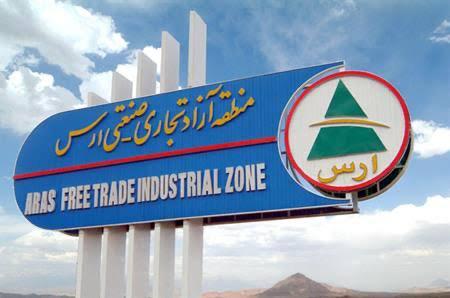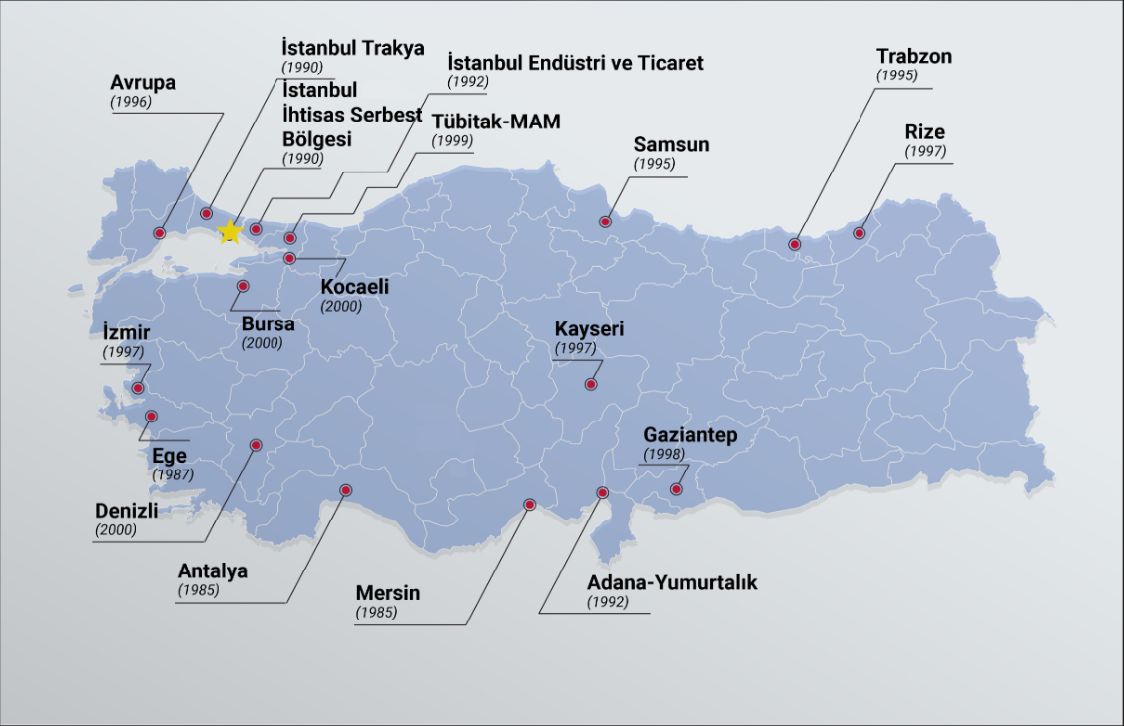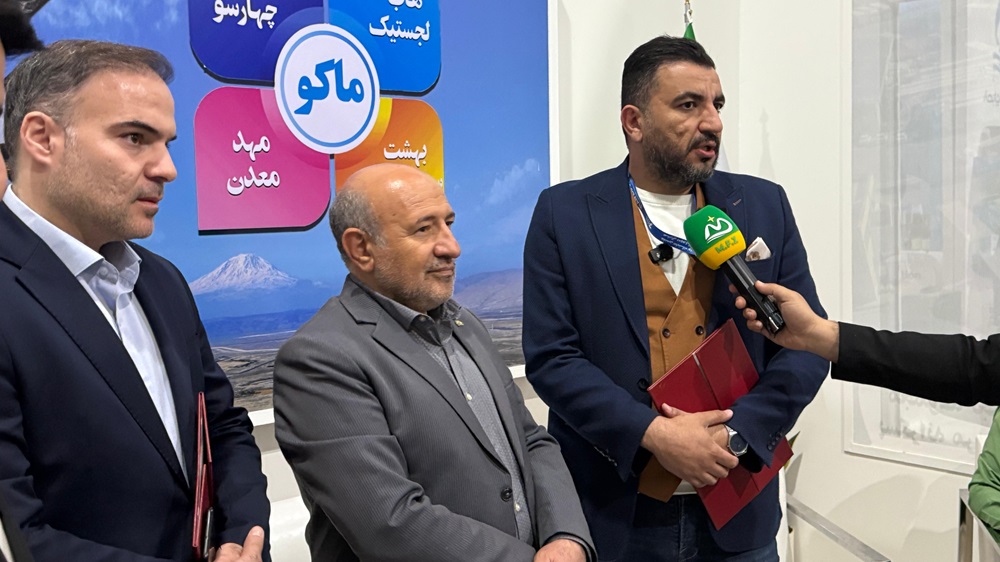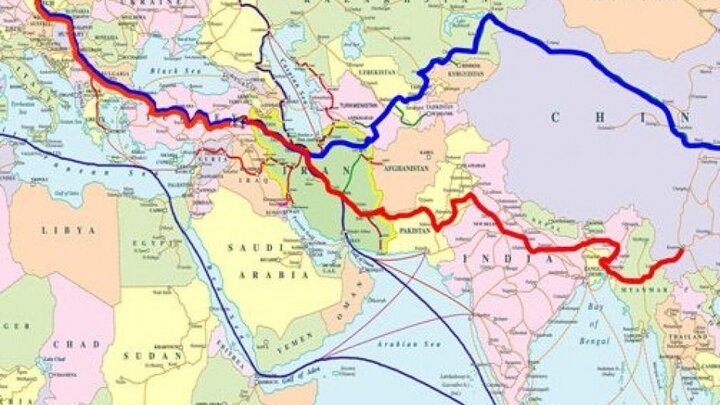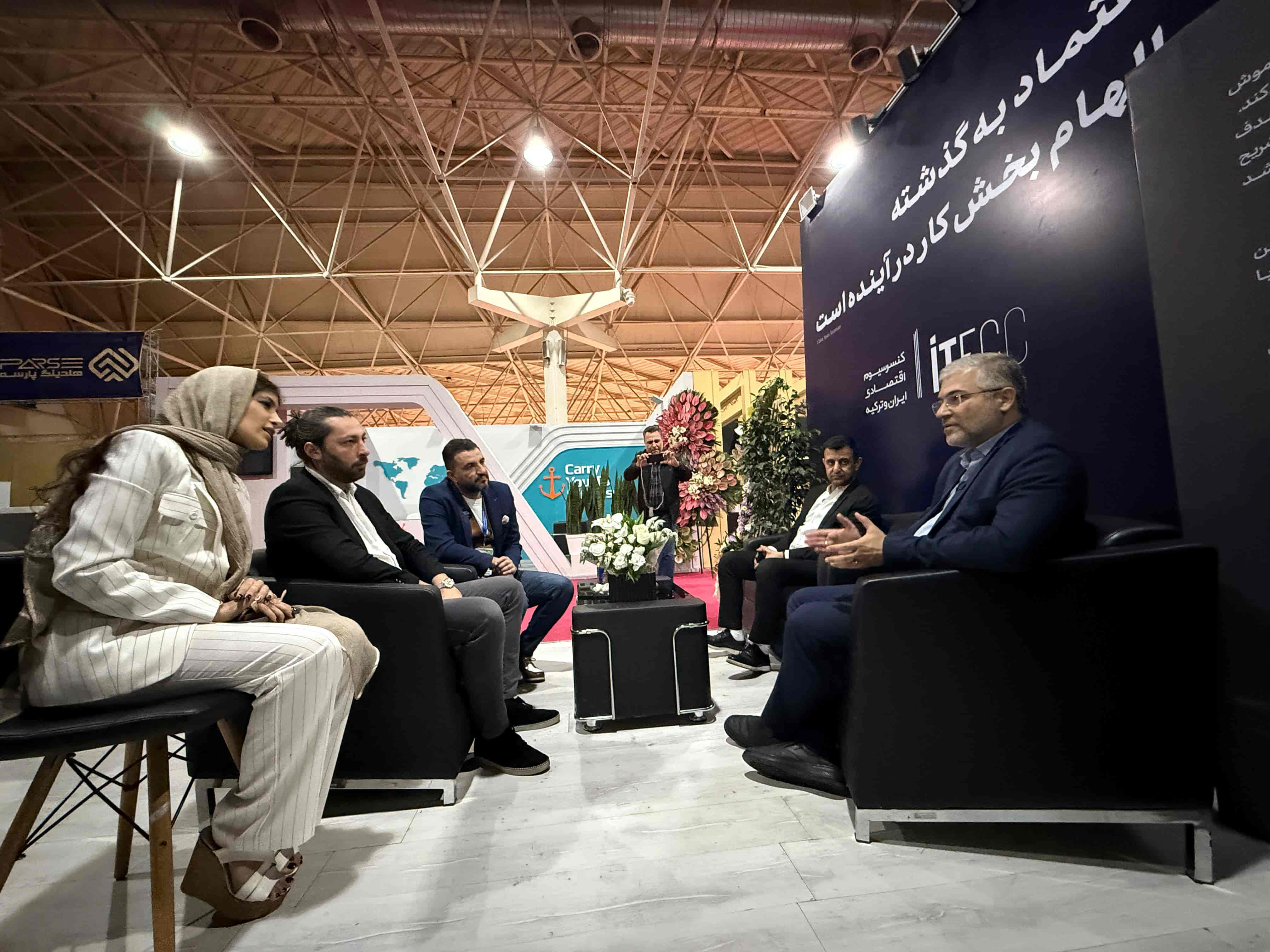The Economic Consortium of Iran and Turkey
.jpg)
Introduction
In recent years, the economic and trade relations between Iran and Turkey have significantly strengthened. Given their geographical locations and economic potentials, the two countries have sought to expand their economic cooperation through consortia and trade agreements. This article explores the economic consortium between Iran and Turkey, along with its opportunities and challenges.
Opportunities
-
Bilateral Trade Development: With the diversity of products each country offers, there is potential to enhance bilateral trade and increase export and import volumes. Iran can export oil and gas, while Turkey can export industrial and agricultural products.
-
Joint Investments: Iranian and Turkish companies can benefit from joint investment opportunities in infrastructure and industrial projects. This can include petrochemical industries, automotive manufacturing, and tourism.
-
Transportation and Logistics: As neighboring countries, Iran and Turkey can create new trade routes by improving transportation infrastructure and increasing cooperation in logistics.
Challenges
-
International Sanctions: Sanctions imposed on Iran can serve as an obstacle to economic cooperation between the two countries, potentially affecting investments and bilateral trade negatively.
-
Regional Competition: Geopolitical and economic competition in the region may impact the economic relations between Iran and Turkey, affecting certain projects and collaborations.
-
Currency Fluctuations: Exchange rate fluctuations and related financial issues can pose serious challenges to economic cooperation and financial stability in both countries.
Conclusion
The economic consortium between Iran and Turkey holds great potential for developing economic and trade relations between the two countries. However, there are several challenges that require careful management and smart bilateral policies. If successful, this cooperation could lead to significant advancements at both regional and international levels.

